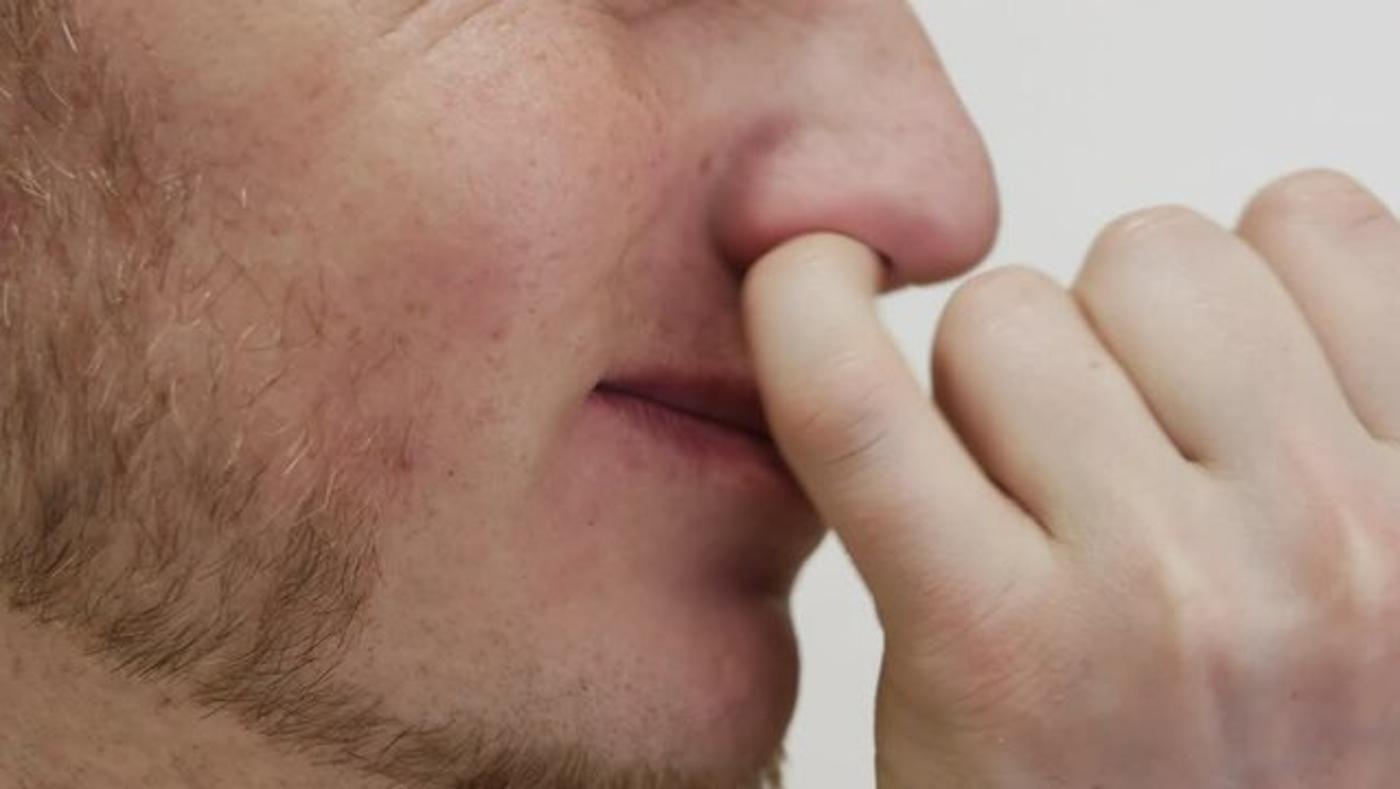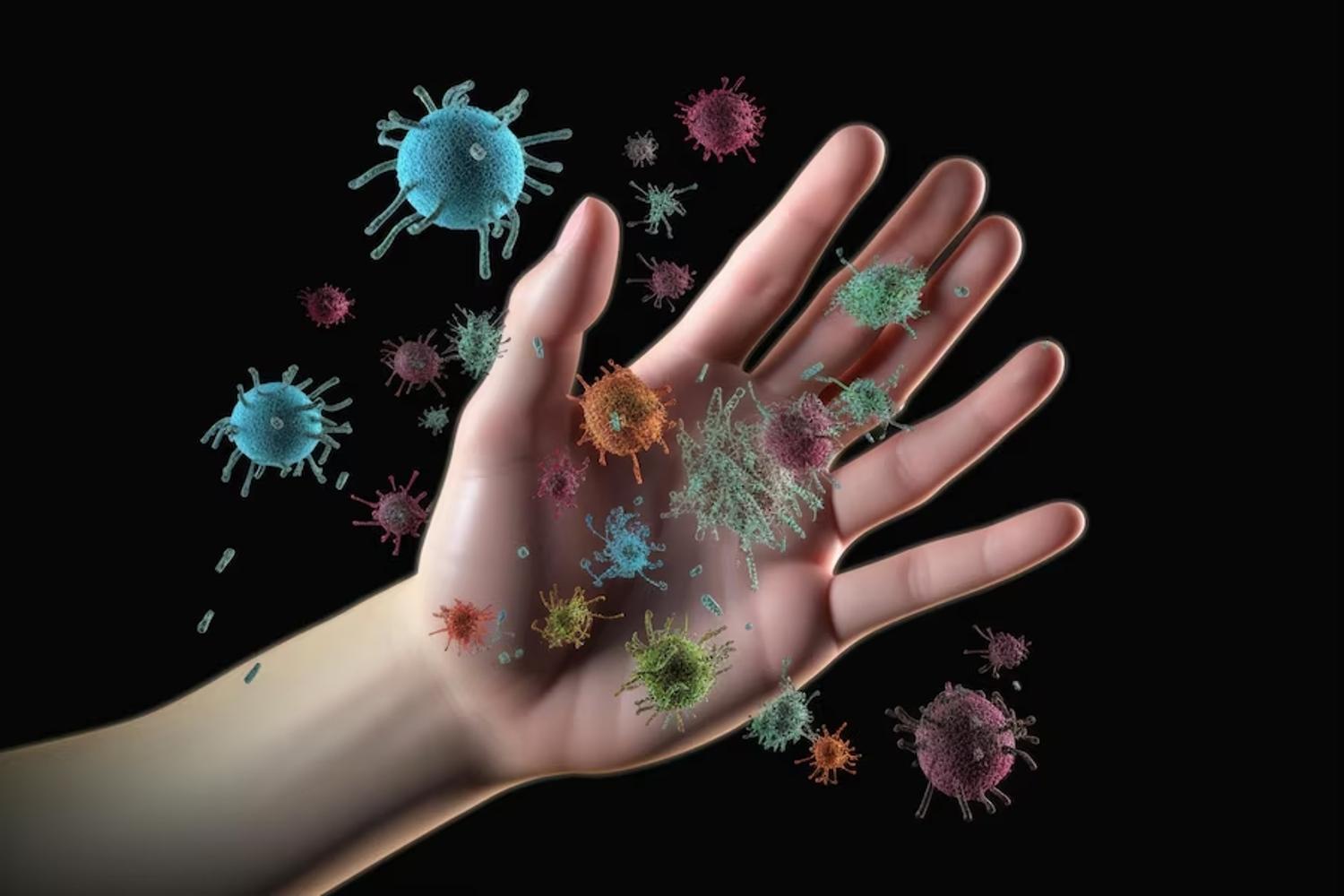There are several myths regarding physical ailments that have been proven to be untrue. We now know that cold weather doesn’t give you a cold, eggs aren’t bad for your heart, and green mucus doesn’t mean you have an infection.
However, many still believe that nose-picking can contribute to dementia or Alzheimer’s later in life. Luckily, scientists decided to conduct a study to determine whether or not this is true.
What Is Dementia?

Before we talk about the results of the study, it’s important to understand dementia and, even more importantly, the known causes.
Dementia is the term for several different diseases and conditions, including Alzheimer’s, that affect the brain. These illnesses are degenerative, which means they become worse over time, and patients usually experience memory loss, decreased cognitive thinking, and loss of the ability to perform daily tasks.
The Science Behind Dementia

After extensive research, doctors understand that these symptoms are caused by damaged nerve connections among the neurons in the brain, specifically those in the hippocampus and entorhinal cortex involved in memory.
As dementia spreads, it later damages connections within the cerebral cortex, which is responsible for language, social behavior, judgment, intelligence, and reasoning.
Known Causes of Dementia and Alzheimer’s

While they do know how the brain responds to dementia or Alzheimer’s, medical professionals have struggled to pin down exactly why the condition occurs in the first place.
Some people develop dementia after experiencing a trauma, such as a brain tumor, Parkinson’s disease, high cholesterol, or other brain injury. However, others experience the condition even without any prior health problems. Generally, doctors believe genetics, certain medications, age, and lifestyle choices can and do lead to dementia.
Excess Proteins Could Be the True Cause

Doctors still have many unanswered questions regarding dementia, and they are constantly conducting studies and experiments to understand this growingly common condition better.
One widely accepted theory is that dementia sets in when the brain produces an overabundance of beta-amyloid proteins in response to pathogens in the brain. The abnormal level of this naturally occurring protein leads the beta-amyloids to clump together and disrupt normal brain cell function.
Could Picking Your Nose Increase Your Chances of Developing Dementia?

Pathogens are bacteria, viruses, or other microorganisms that can cause disease. In the simplest of terms, dementia develops when the brain overproduces a naturally protective protein to fight off bacteria or viruses.
Here’s where things get interesting: With that information in mind, many have wondered if nose-picking increases the number of bacteria entering the brain, which could increase the development of the beta-amyloid proteins, potentially leading to the development of dementia or Alzheimer’s.
Hands Are Covered in Bacteria

As most of us know, our hands are absolutely covered in bacteria. In fact, some studies show that, at any point in time, there are between 10,000 and 10 million bacteria on our hands.
However, even though this information would certainly lead one to believe nose-picking could increase the chances of Alzheimer’s, the theory that the germs on our hands could enter our brains through the nostrils when removing nasal mucus has yet to be proven or disproven.
The Study Can’t Actually Confirm or Deny That Nose-Picking Leads to Dementia

The study, published in the MDPI journal in October 2023, investigated whether there is a direct correlation between nose-picking and the development of dementia. However, its results were inconclusive.
The authors reported that their researcher “suggests” that viruses can enter the nostrils and cause dementia, but they didn’t have enough evidence to prove a cause-and-effect relationship.
How to Protect Yourself From Dementia

Unfortunately, the research couldn’t prove that nose-picking could lead to dementia. However, it enabled doctors to understand more about how the immune system affects one’s likelihood of developing the degenerative condition.
Heather M. Snyder, Ph.D., vice president of medical and scientific relations at the Alzheimer’s Association, explained, “Increasingly, we know the immune system plays an important role in the underlying biology of Alzheimer’s.” Therefore, one of the things you can do to protect yourself from dementia is to take care of your immune system.
Dementia Is Complex, But Doctors Say There Are Ways to Protect Yourself

As Dr. Snyder continued, “Alzheimer’s is a complex disease with many contributing factors. There are likely multiple causes that contribute to the underlying biology of the disease.”
However, she also noted that “emerging evidence suggests there may be [factors] we can influence.” In other words, while they don’t fully understand the disease just yet, they do know that people can take action to protect themselves from dementia.
Habits to Protect Your Brain From Dementia

According to the Alzheimer’s Association, there are several habits you can and should develop early in life to ward off dementia later. These habits include regular exercise, controlling your blood pressure, eating a healthy diet, maintaining a healthy weight, and preventing or managing diabetes.
Additionally, it’s important to get enough and good-quality sleep, skip all tobacco products, prevent head injuries, challenge the mind through hobbies or puzzles, and continue education into adulthood to keep the brain working.
Understanding Dementia for Future Generations

Sadly, even someone who follows these guidelines, keeps a healthy immune system, and never picks their nose may still develop dementia as there is a genetic and uncontrollable component to the disease.
However, the hope is that, with more research, doctors will be able to pinpoint exactly how and why dementia occurs and possibly even find a cure so future generations can be free of this debilitating condition.








































